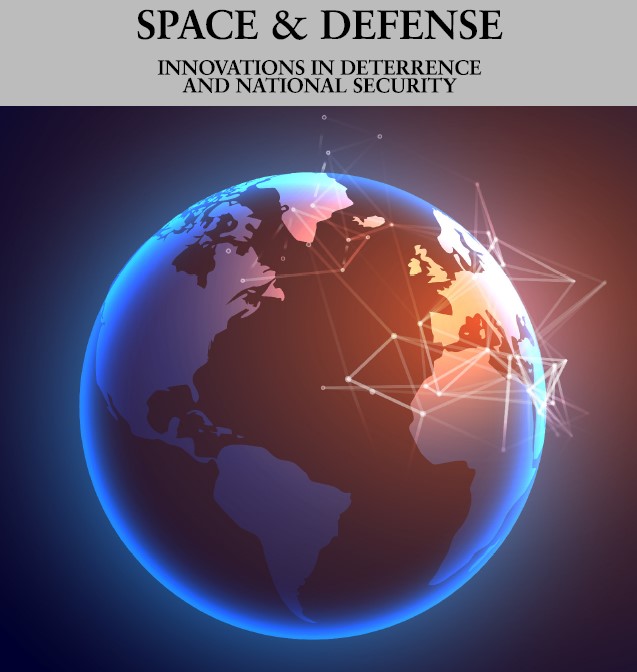Space and Defense

Abstract
Student Contribution.
This paper was authored prior to the 2022 Russian invasion of Ukraine and the publication of the 2022 Nuclear Posture Review.
The United States has taken numerous miscalculated steps with respect to foreign and nuclear policy based on an incomplete understanding of the motives of both China and Russia. This is, in part, due to a failure to acknowledge these nations' strategic culture - an enduring system of values that influence a nation's use of military force. As the US is about to put forth its 2022 Nuclear Posture Review (NPR), it is critical that future responses to adversaries' actions be based on an understanding/assessment of the strategic culture of the nations in question in order to prevent extreme nuclear arsenal modernization. The world is currently adjusting to a power dynamic in which not just the United States and Russia reign as the global nuclear superpowers, but a resurgent China as well. Although the term Great Power Competition ( GPC) has received some criticism in media for being an ambiguous buzzword, there is no denying that the United States can no longer be considered the unipolar power it once was at the end of the Cold War. Since then, China and Russia have greatly increased their nuclear and conventional weapons capabilities. Additionally, China and Russia being located in the eastern hemisphere and having access to most of the world's raw resources is of great concern to the US. The US views either nation becoming a more powerful regional hegemon as a threat to its national security as this would likely limit US political influence, partnerships and alliances, and access to natural resources in these regions.
DOI
10.32873/uno.dc.sd.14.01.1051
Recommended Citation
Bushman, Ryan C.
(2023)
"US Blindness to Russian, Chinese Cultural Motives Risks Nuclear Escalation and Ill-Fit Response,"
Space and Defense: Vol. 14:
No.
0, Article 8.
DOI: 10.32873/uno.dc.sd.14.01.1051
Available at:
https://digitalcommons.unomaha.edu/spaceanddefense/vol14/iss0/8
Included in
Asian Studies Commons, Aviation and Space Education Commons, Defense and Security Studies Commons, Eastern European Studies Commons, International Relations Commons, Leadership Studies Commons, Near and Middle Eastern Studies Commons, Nuclear Engineering Commons, Science and Technology Studies Commons, Space Vehicles Commons
